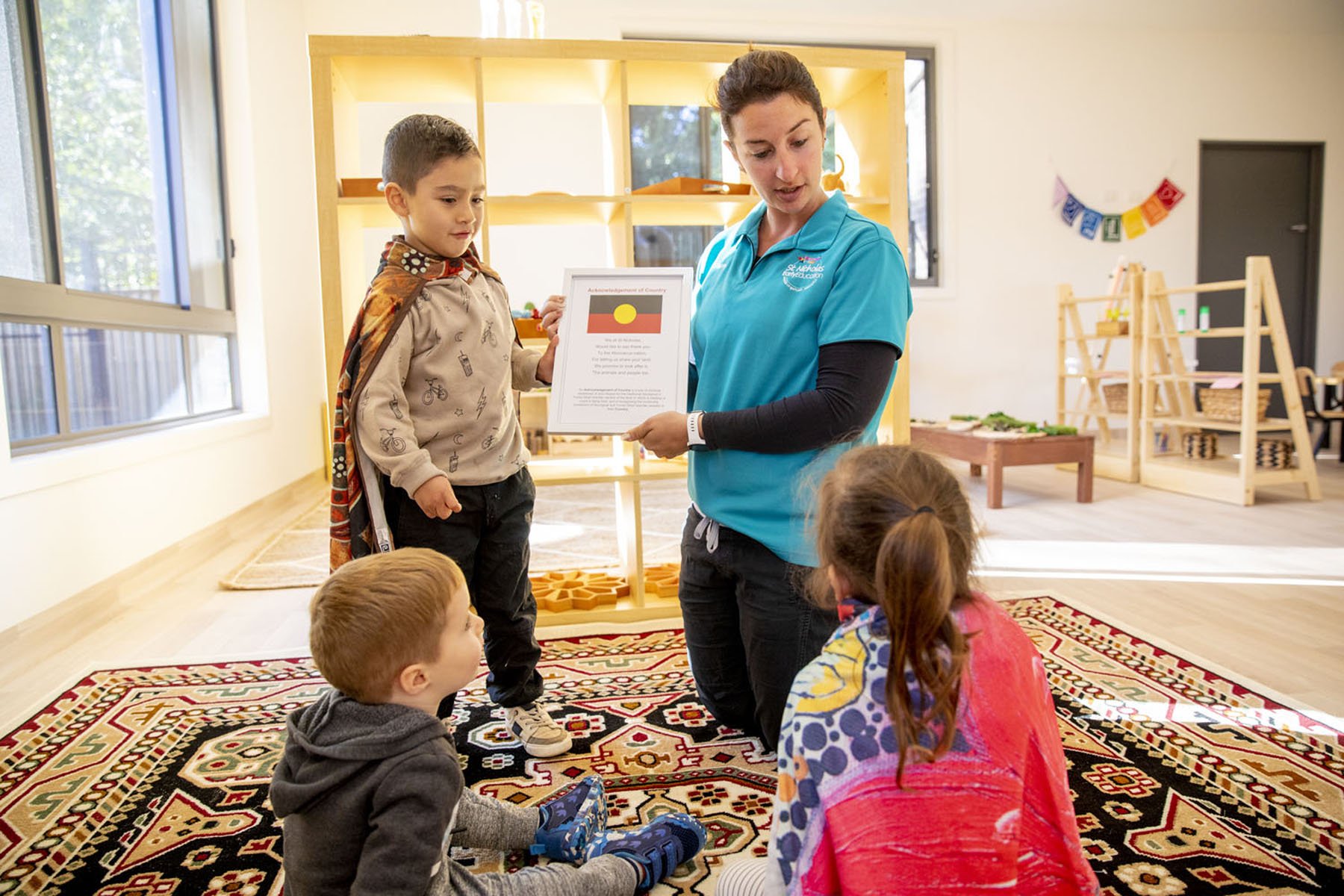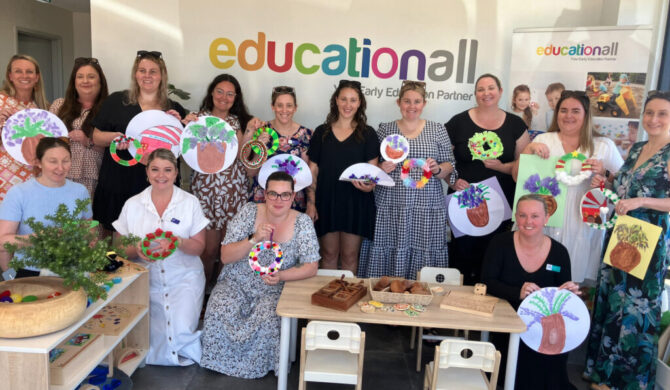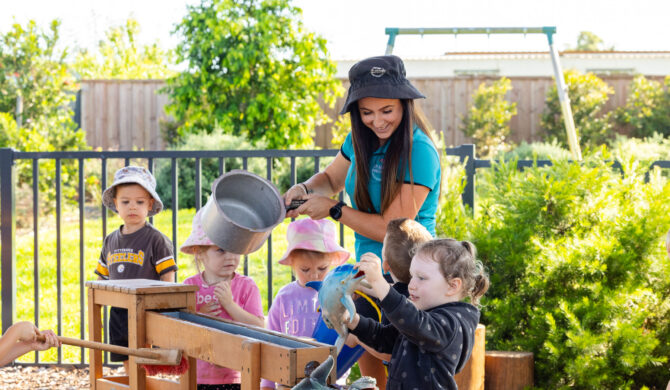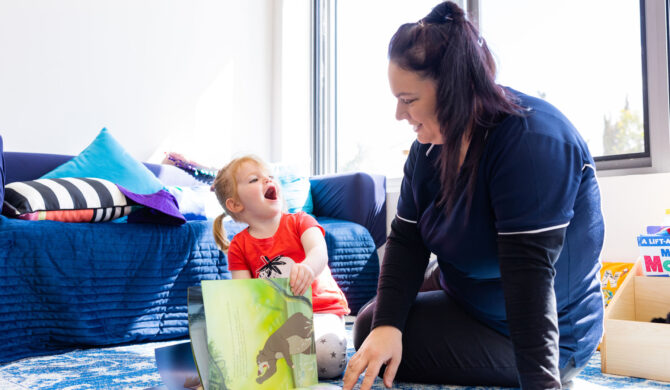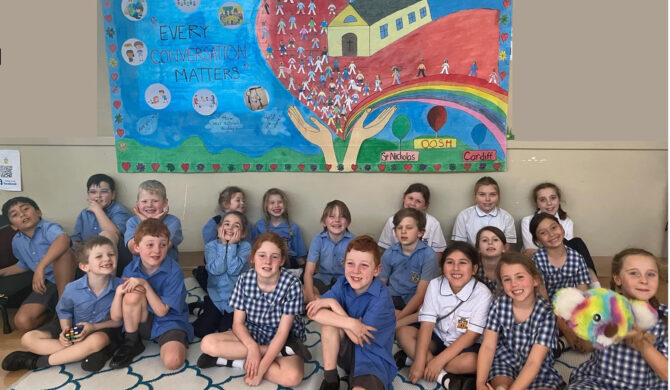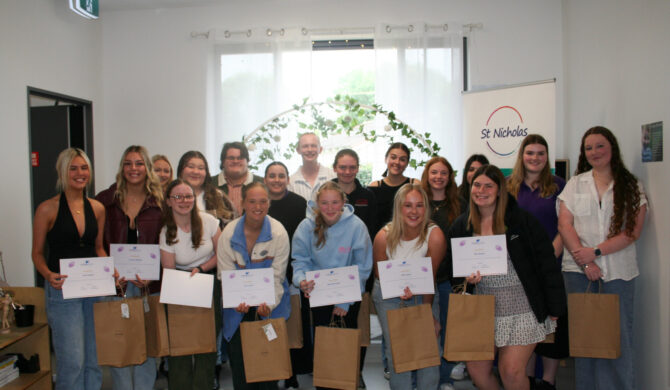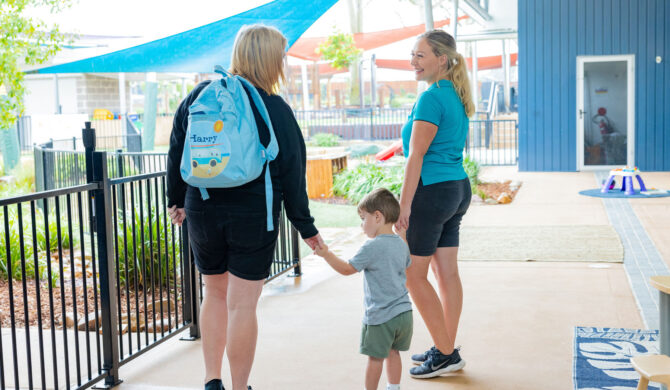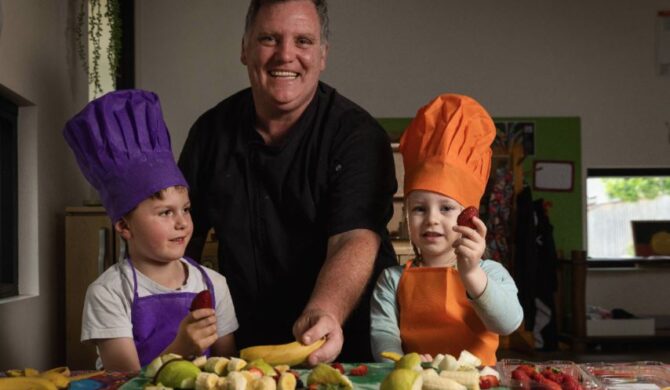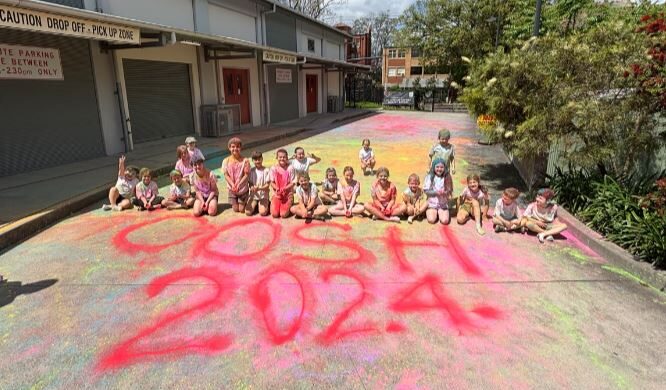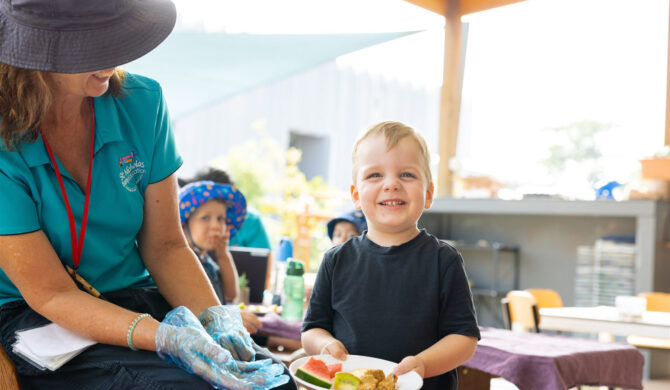We are thrilled to share with you the exciting theme for this year’s NAIDOC Week: ‘For our Elders.’ This powerful theme, which is beautifully explained in the accompanying video (check the references for the link), resonates deeply with our sector. It recognises the profound influence of our theoretical underpinnings in practice, drawing upon socio-cultural theory and Bronfenbrenner’s ecological systems model.
As we continue to grow and develop, our beliefs, customs, traditions and social norms are profoundly shaped by those around us. It is on page 16 of the EYLF V.2 that we find a comprehensive explanation of why the inclusion of Aboriginal and Torres Strait Islander perspectives is a core principle in our work.
Embedded within our pedagogy is a genuine respect for the power of knowledge sharing. We must integrate this respect into the ways we teach and learn. As practitioners who value and uphold the importance of reconciliation, it is vital that we consistently acknowledge the significant role Elders play as custodians of history, lore and culture.
This NAIDOC Week, let us strive for cultural confidence. This journey begins by actively listening to the voices of First Nations people and seeking out high-quality resources to expand our own understanding of why Aboriginal and Torres Strait Islander perspectives are central to our educator frameworks. Cultural confidence and respect for Aboriginal culture extend far beyond superficial activities like painting children’s hands in the colors of the Aboriginal flag or using dot painting with cotton buds. Authentic and respectful practices emerge from genuine learning and sharing with others. To assist you in your planning, we have compiled a helpful list of resources:
-
Koori Curriculum: Explore this fabulous website offering downloads, videos, and podcast links specifically designed for educators.
-
Little J & Big Cuz Resources: Discover a range of resources developed for young children to support educators on their journey towards cultural confidence.
-
‘Talking to my Country’ By Stan Grant: This book forever changed my understanding when I began to broaden my thinking.
-
The ‘Educator Yarns’ Podcast by Jessica Staines: Dive deep into Aboriginal and Torres Strait Islander culture through this incredible podcast, which provides valuable insights for those starting their exploration.
-
The ABC show ‘You Can’t Ask That’: Watch the remarkable episode featuring First Nations people, demonstrating that there is no singular lived experience when considering the context of intergenerational trauma.
-
Stan Grant’s ‘Racism Debate’ on YouTube: Gain a concise and clear understanding of why prioritising reconciliation with our First Nations people is crucial.
From a social justice perspective, I urge you to consider the following idea: children cannot be what they cannot see. First Nations children deserve to see their culture reflected in their learning and care environment, artworks, and literature. If we truly prioritise an authentic sense of belonging for all children, we must be intentional in our planning and the environments we create.
Remember, the Pedagogy Team is always here to support you every step of the way.

